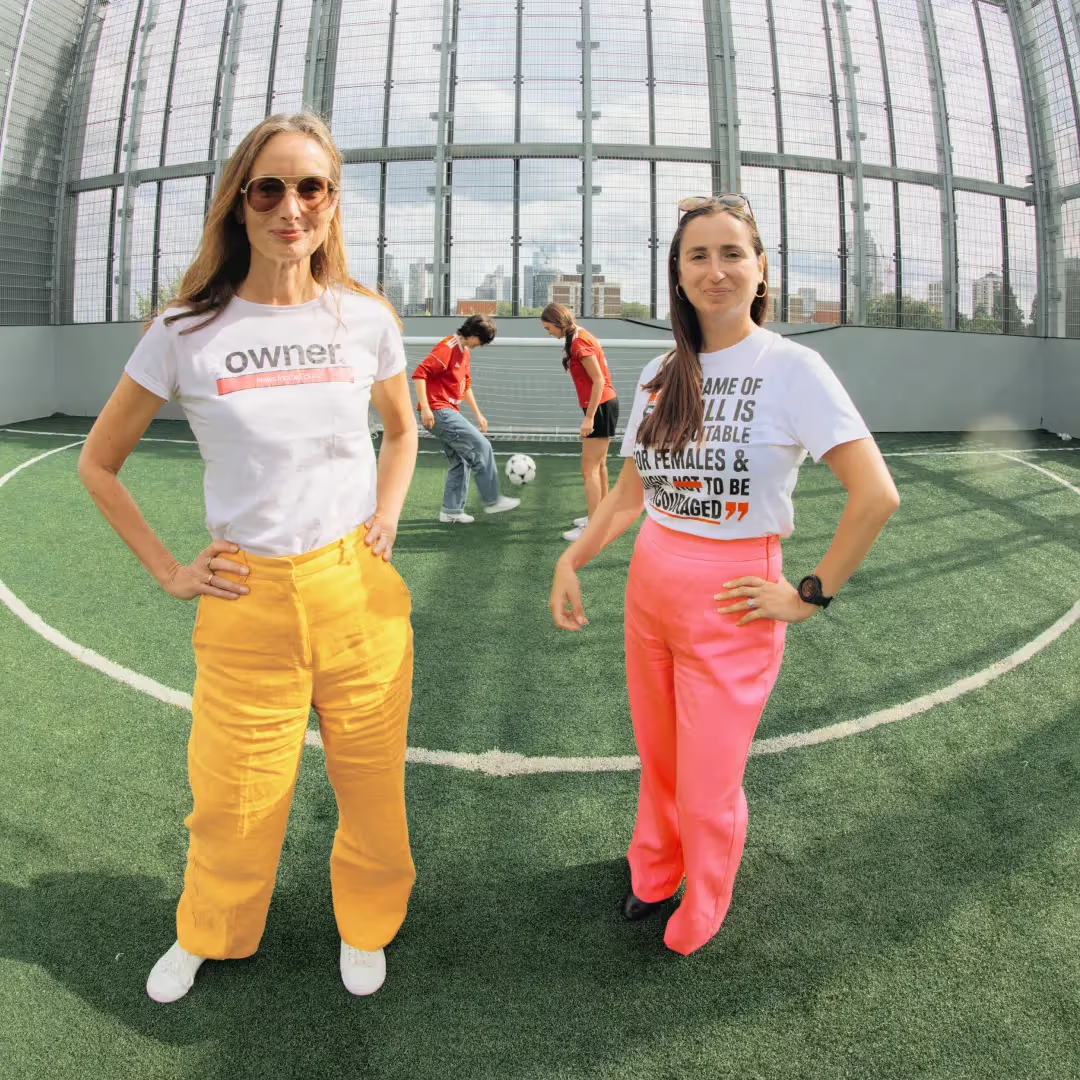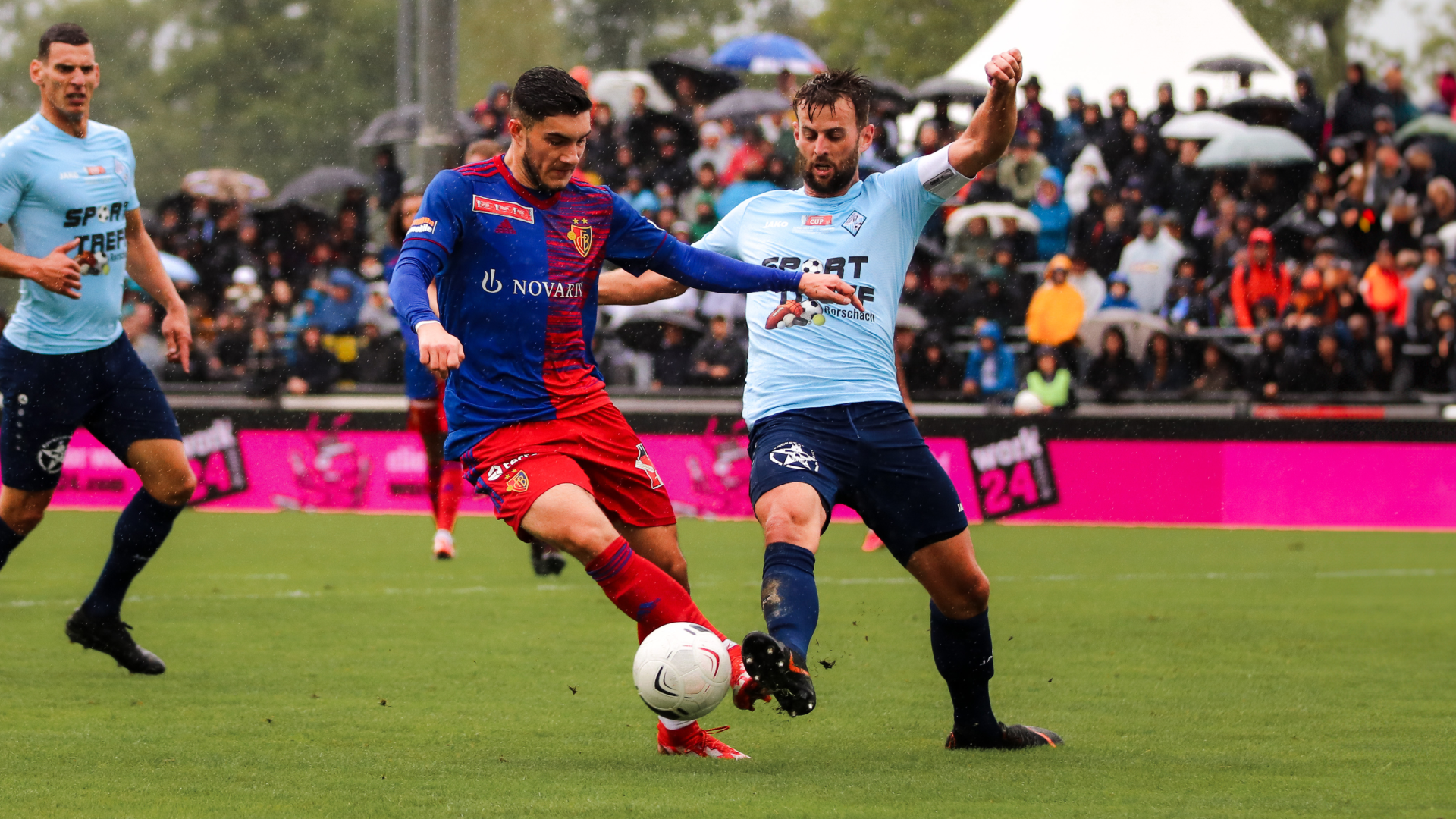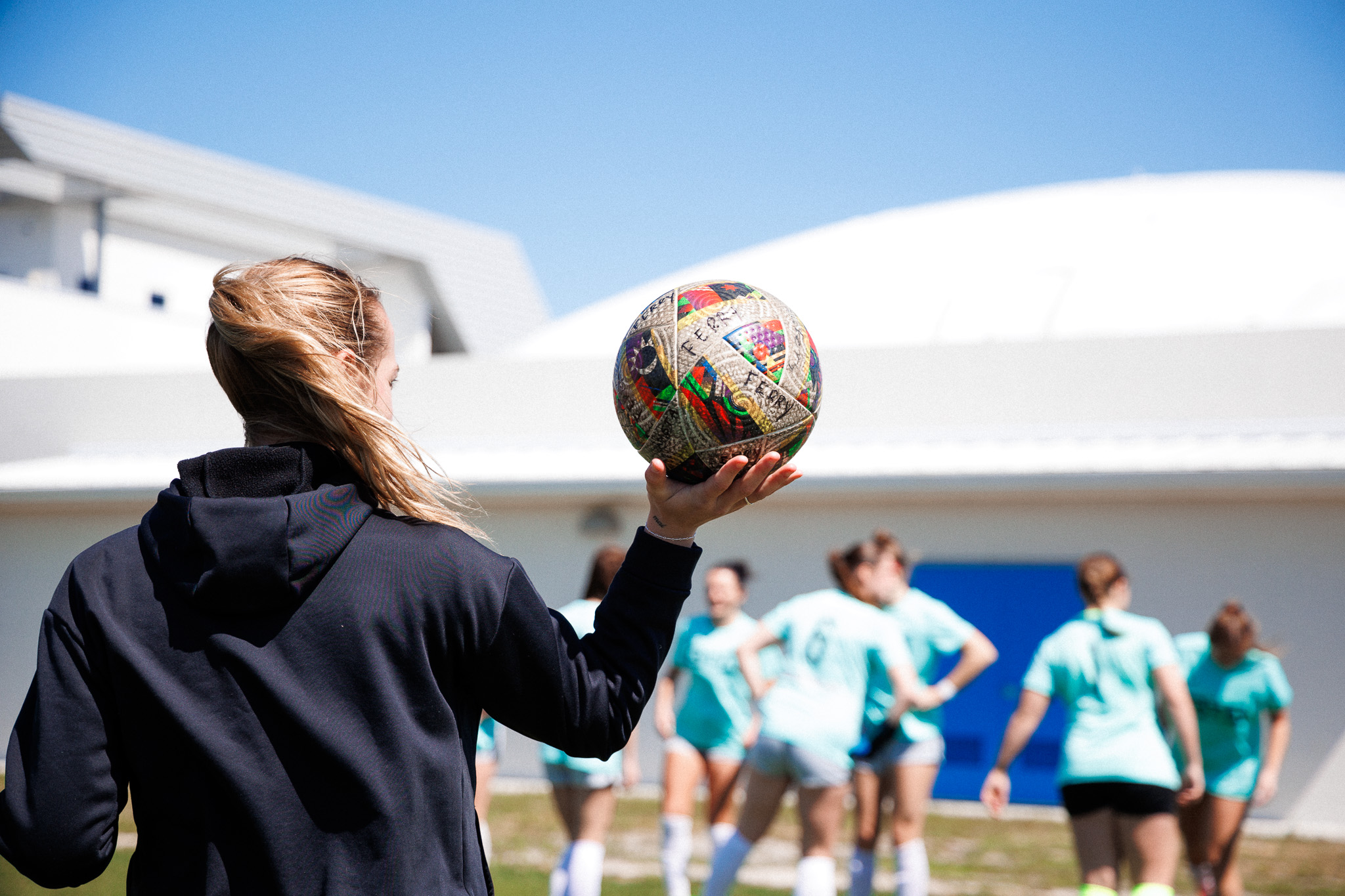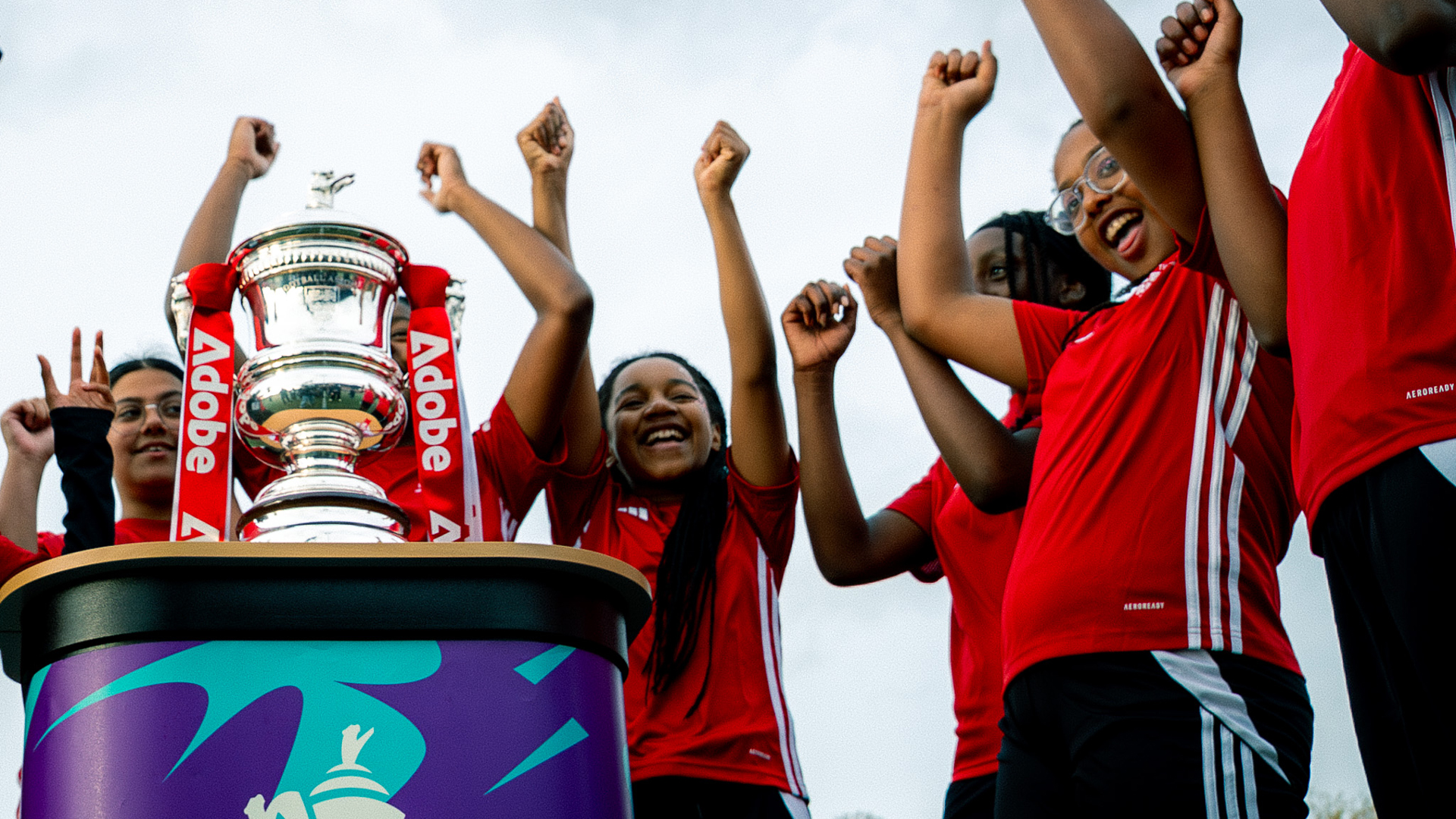Unveiling the Challenges and Potential of Women's Football: A Conversation with Stef McLoughlin, Commercial Manager at Lewes FC
Frederik Hvillum
.avif)
Women's football has come a long way, but it still faces numerous obstacles in its path to equality and recognition. Stef McLoughlin, the Commercial Manager at Lewes FC, is a passionate advocate for women's football.
In 2017, Lewes FC, an English football club based in Lewes, East Sussex, became the first gender-equal club in the world. The club is treating its women footballers the same as its men – the same playing budgets, same pitch, same training facilities.
In this conversation, McLoughlin shares her thoughts on the issues plaguing the women's game and highlights the importance of campaigns like Veo's "Play For More: 50 Years of Hurt" in raising awareness and driving change.

Let's begin by discussing some of the challenges faced by women's football. You mentioned that there are numerous problems within the women's game. Could you elaborate on this?
There are so many problems within the women’s game that it is so hard to know where to begin. A recently reported statistic that puts things into perspective is 66% of players in the World Cup had to take time off from another form of employment to compete in the tournament. We’re talking about the best players in the world here, and they need second jobs to sustain themselves.
Women’s football, in general, needs more money and more recognition. So many people don’t realise how wonderful women’s football is, the diverse fans, the atmosphere, and of course, the actual football itself. If they did, women’s football would feature in newspapers and our media just as much as men’s football. This would get more people invested and interested, and these people could turn into fans who purchase tickets and merchandise, which in turn could help to professionalise the game further.

It's all about creating awareness and attracting more support. How do you think a campaign like this can educate people and bring about positive change?
Campaigns like Veo’s educates people, making them aware of the history of the women’s game and why it’s still years behind men’s football. Having a broadcaster talk about how it’s his responsibility to talk and broadcast women’s sports stories because of how great those stories are was significant, and I hope this makes other broadcasters, journalists, and content creators stop and think about this.




